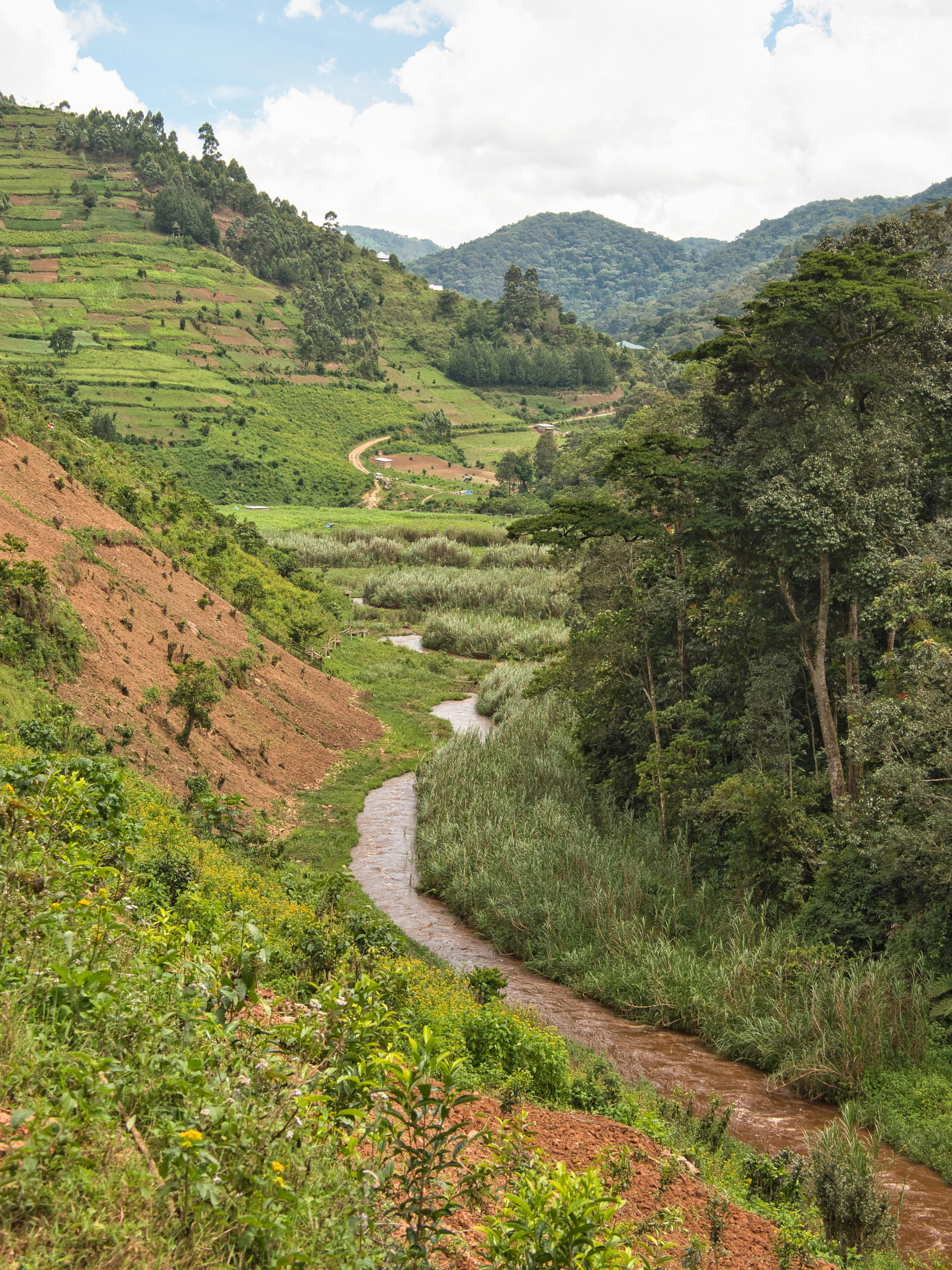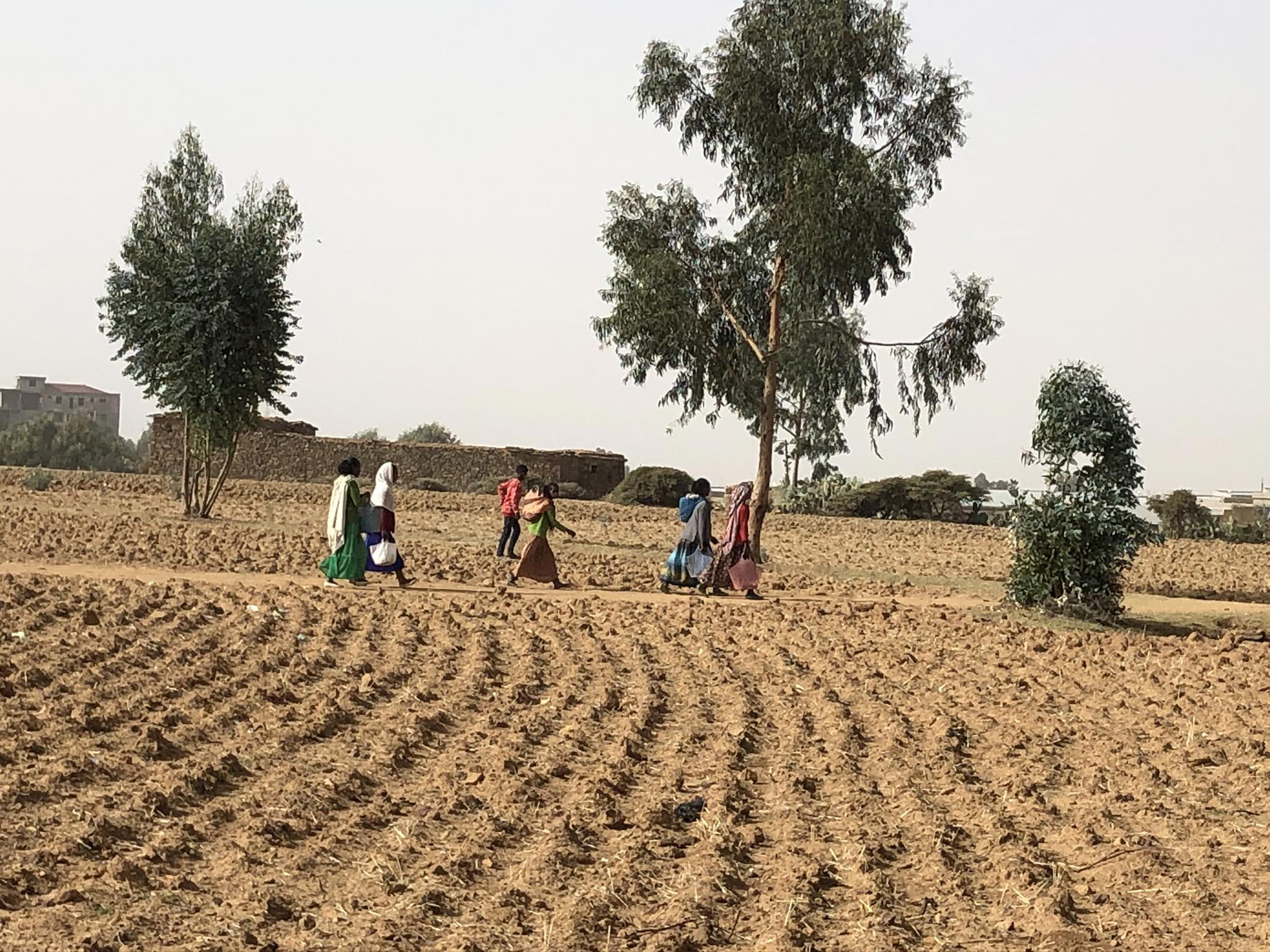The International Soil Reference and Information Centre, also known as ISRIC, is an independent science-based foundation, established in 1966, that provides quality-assessed soil information and knowledge to address pressing global environmental and societal challenges.
Accredited as the World Data Centre for Soil and home to the World Soil Museum and the World Soil Reference Collection, ISRIC serves as a global centre for soil documentation, reference and information.
ISRIC develops innovative soil information products and services, and supports organisations around the world to do the same through co-development and capacity strengthening. We also contribute to the development of international standards for soil data exchange to foster data interoperability. We have a strong commitment to open data sharing and promote the use of FAIR data principles to ensure that soil data is Findable, Accessible, Interoperable, and Reusable.
Through its work, ISRIC is committed to promoting soil awareness and advancing the use of soil information to help build a more sustainable future.


